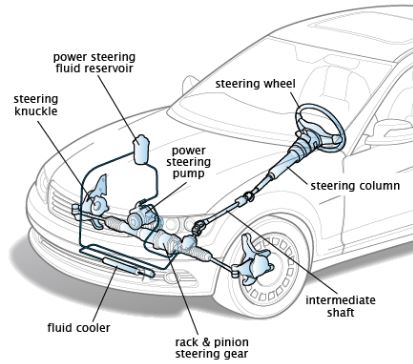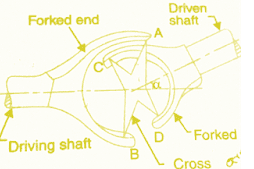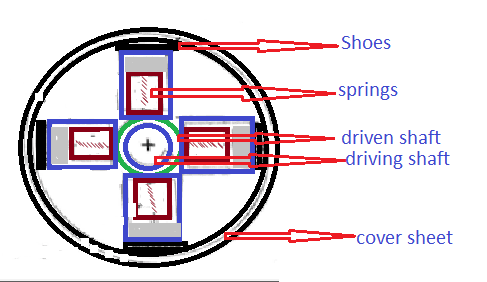Feed Water Treatment in Power Plant:
Feed Water Treatment: In this article we will discuss about water treatment and different types of water treatment like Mechanical treatment, chemical treatment, thermal treatment and demineralization. Feed water in power plant must be pure or they should not contain any type of impurities in it. Water is the important material used in power plant, by this, there are many effects cause in power plant if we are not eliminating the impurities.There are different types of impurities in water Gases, Salts, Acids, minerals etc..Impure water causes Scale formations, corrosion etc.To reduce these impurities from water there are different types of treatments are there.If we are not removing the impurities from the water they affect the boilers, and decreases the working efficiency, and makes them to damage.
Different Types of Water Treatments:
There are different types of Water Treatments in that we will discuss about most commonly used water treatments are as follows:
- Mechanical Treatment
- Chemical Treatment
- Thermal treatment
- Demineralization
Mechanical Treatment: This method is done by Filtration or Coagulation by this treatment the solid particles in water is removed.
Chemical Treatment: By this treatment, the salts in the water removed by the help of calcium hydroxide and sodium carbonate. this is called Lime-soda softening process and by the ion exchange process, the hardness of water can be removed, this is done by the exchanging the anions and cations of zeolite with feed water.
Thermal treatment: In this method, water is heated up to 110degreeC, by this the dissolved oxygen is removed. This is done by converting the water into vapor form, by this distilled water is occurred.
Demineralization: This is done by ex-changers of cation and anion, by this minerals is removed from the water.
Impure Water Effects in Boiler:
Different type of effects caused in the boiler:
- Scale Formation
- Corrosion
- Carry-over
Scale Formation: Scale formation reduces heat transfer and increases the temperature of the metal wall, overheating and rupturing.
Corrosion: by these pits, cracks, grooves are formed.
Carry-over: This increases the tube metal temperature, this reduces efficiency.


